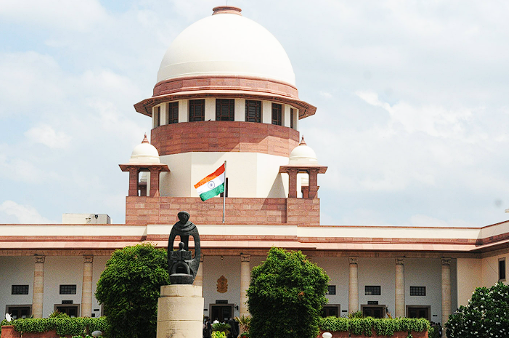Supreme Court’s Ruling on Prisoner Remission
Recently, the Supreme Court of India made ruling regarding prisoner remission. The court directed states to consider the premature release of prisoners even if they do not apply for remission. This marks a very important change from previous rulings where an application was mandatory. The decision aims to address overcrowding in prisons and ensure fair treatment for eligible convicts.
About Remission and Its Legal Framework
- Remission refers to the reduction of a prison sentence.
- Under the Bharatiya Nyaya Suraksha Sanhita, 2023 (BNSS) and the Code of Criminal Procedure, 1973 (CrPC), state governments can remit sentences at any time.
- States can set conditions for remission, such as regular reporting to authorities.
- The President and Governors also have the power to grant remission under Articles 72 and 161 of the Constitution. However, certain restrictions apply, especially for life sentences.
Supreme Court’s Shift in Approach
Previously, the Supreme Court ruled that remission could only be granted upon a convict’s application. This was based on earlier cases like Sangeet v. State of Haryana (2013) and Mohinder Singh v. State of Punjab (2013). The court stated that without an application, states could not exercise remission powers. However, the recent ruling acknowledged that many states have established remission policies that necessitate state discretion.
Implications of the Ruling
The Supreme Court’s decision mandates states to actively consider eligible convicts for remission. The court brought into light that failing to do so would be discriminatory and violate the right to equality under Article 14 of the Constitution. This ruling aims to streamline the remission process and reduce prison overcrowding, which currently stands at an occupancy rate of 131.4%.
Directions for State Policies
To ensure uniform application of the ruling, the Supreme Court directed all states to develop comprehensive remission policies within two months. These policies should account for the nature of the crime, the convict’s background, and public safety. Conditions for remission must be reasonable and not overly oppressive. The court also clarified that minor breaches of conditions should not automatically lead to cancellation of remission.
Current Prison Population Statistics
As of December 2022, Indian prisons have overcrowding issue, with a total of 573,220 inmates against a capacity of 436,266. The majority of these prisoners are undertrials, with 75.8% awaiting trial outcomes.
Month: Current Affairs - February, 2025
Category: Legal & Constitution Current Affairs








